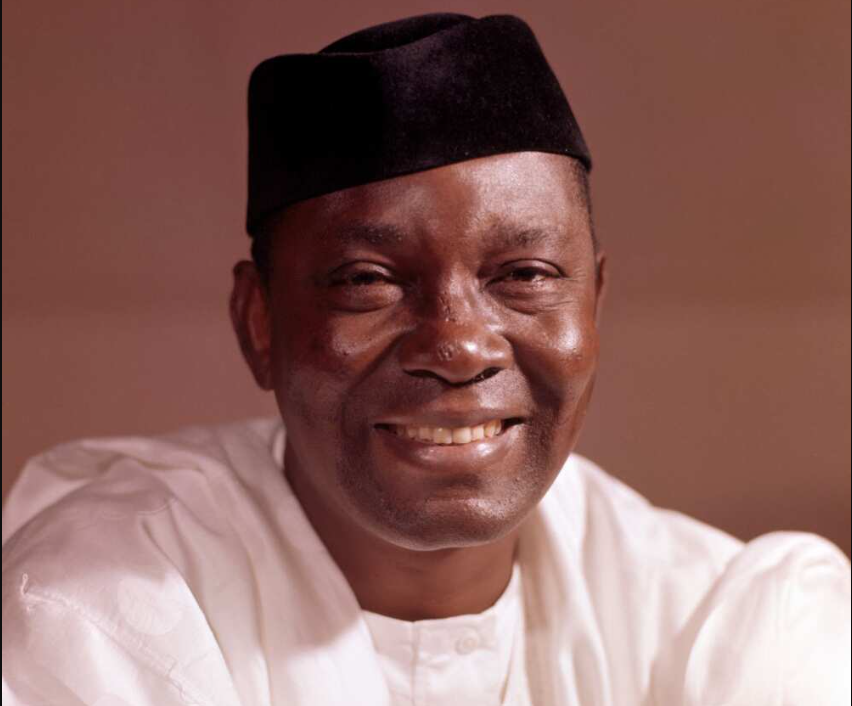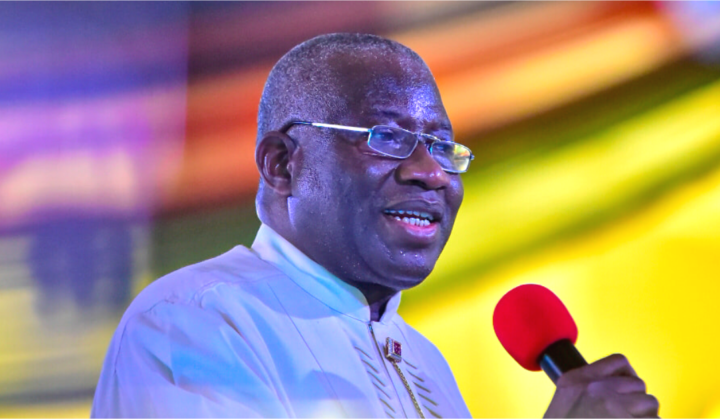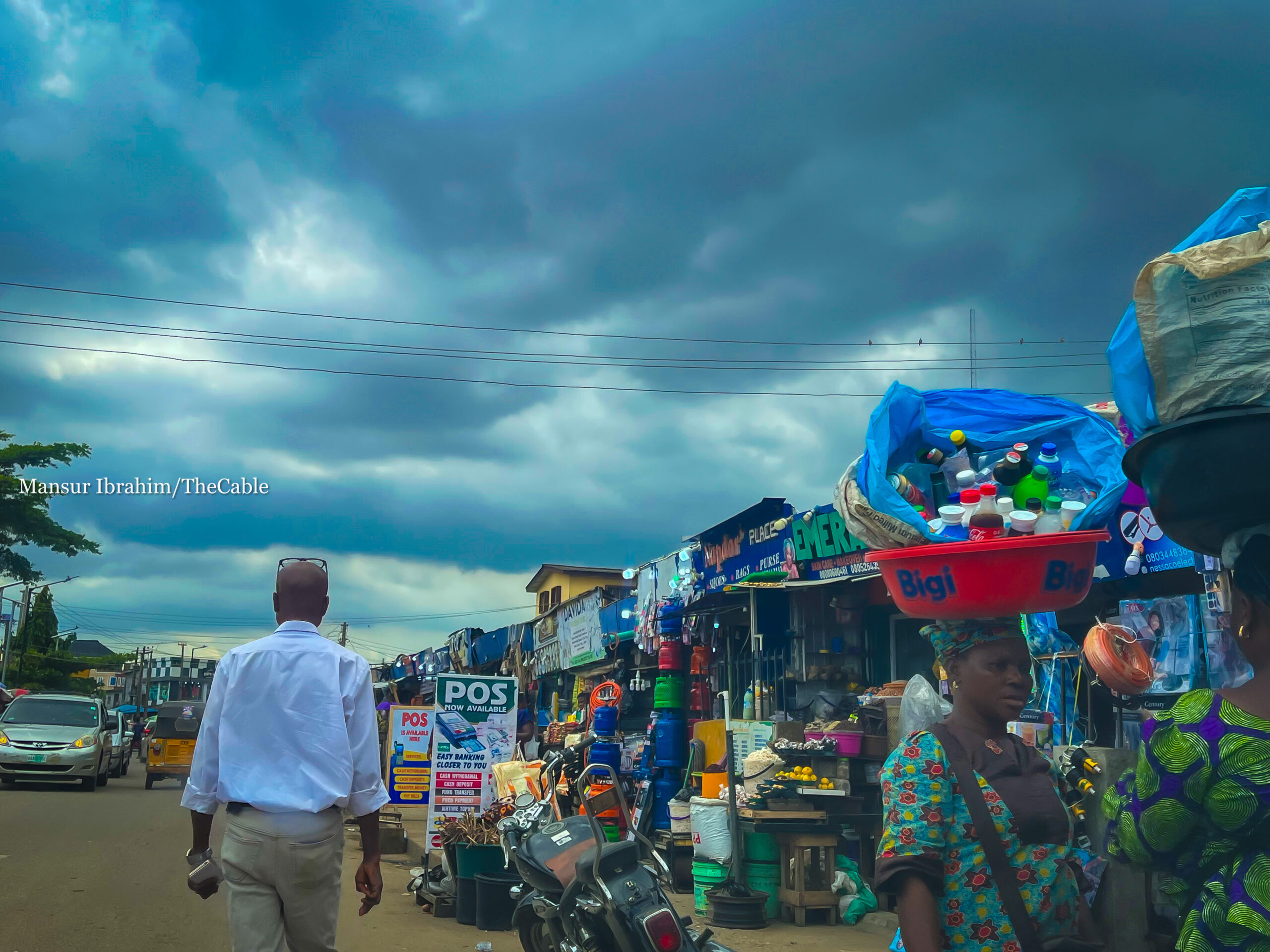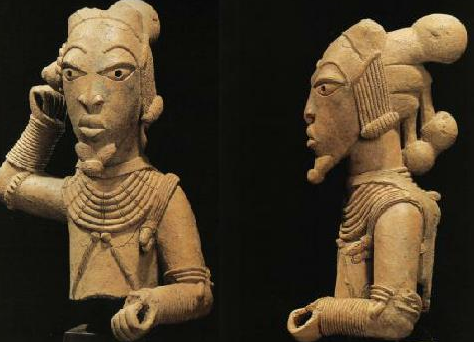BY FEMI ONAKANREN
In April 2023, the minister of finance, budget and national planning announced that Nigeria had secured a World Bank facility worth $800 million. This fund is the first tranche of cash transfer palliatives to be disbursed to about 50 million Nigerians, who belong to the most vulnerable category in the society.
This concessional financing is part of the agreement between Nigeria and the International Development Association (IDA) to offer assistance to the economically challenged demography in different countries in the world.
Nigeria’s limited identity database, however, creates a challenge with the identification, allocation, and disbursement of the funds.
Advertisement
Critically, the country has over the years suffered from mismanagement and diversion of such funds to personal pockets and interests.
This concern necessitated the federal government to announce that states would only be eligible for the funds if they could produce credible social registers.
Suffice it to say that the allure of the funds has had different states scampering around trying to create their own social registers.
Advertisement
Unfortunately, the more realistic likelihood is that this will only lead to a recycling of the previous endemic woes that corruption in our civil service and governance system has made part of our reality.
This writer, however, thinks the NIMC holds the winning cards and has a unique role to play in this scenario. It is my firm belief that the institution should be empowered with the task of helping states, nay, the country, create credible social registers for the cash transfer palliative project.
This line of thinking is premised on the fact that the only real resource for confirming the identity of any Nigerian or legally resident non-Nigerian, is through their national identification number (NIN). It represents the only identity reference that all other identity statuses rely on for validity.
Thus, identities on a credible social register will only be confirmed via NIN cross-references so the NIMC director general, Abisoye Coker-Odusote, has to get the necessary stakeholder buy-in to get the job of building a credible social register done.
Advertisement
Incidentally, it is projected that most of the yet-to-be-registered citizens and legal residents fall into the demography for which the palliative loan was secured.
A large number of current NIN identities are from urban areas, especially those who need the number to process registration on other platforms, e.g. bank accounts, driver’s licenses, international passports, etc. The economically vulnerable demography, especially in rural areas, who do not have any of the above as a priority are largely unregistered.
It makes perfect sense for the NIMC to leverage the message of access to palliative cash transfers and other socio-economic benefits that will accrue from listing on the social register to deepen, and update, the national identity database.
The outcome of this scenario is that credible social registers are created for palliative disbursement planning, and the number of registered national identities is increased.
Advertisement
Further, the availability of this database will also help the federal and state governments to develop more connected and informed fiscal policy plans and initiatives. In the end, everyone wins; the government as well as the people of Nigeria.
Onakanren, a business consultant and socioeconomic policy analyst, writes from Lagos.
Advertisement
Views expressed by contributors are strictly personal and not of TheCable.
Add a comment






